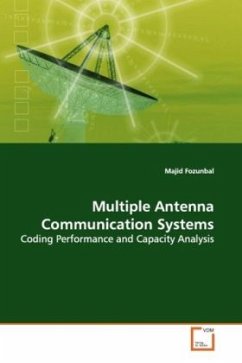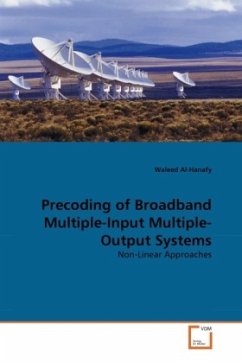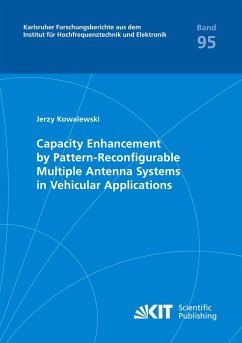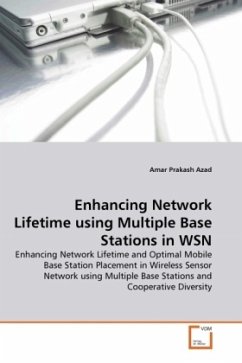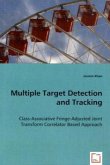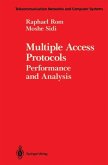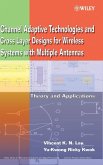The unification of connectivity and mobility requires
to transmit real-time multimedia data reliably with
high speed and low latency. This demands new
approaches to the design and analysis of wireless
networks. In this context, multiple antenna
architectures are a promising solution which provide
wireless systems with a high degree of functionality,
adaptability, capacity, and robustness. However,
efficient use of these systems is possible only by
solving a number of critical problems.
In this manuscript, we focus on coding performance
and capacity analysis of multiple antenna systems.
Knowledge in these areas provides us with guidelines
into analysis and design of systems, reveals inherent
limitations, pinpoints problems and opportunities for
improvement, and also allows for rigorous argument
and justification of observations. In this regard,
performance limits
and error bounds for space-time codes are discussed,
along with guidelines for systematic design of
space-time codes in the presence of the channel
correlation profile. Moreover, a unified approach to
the capacity analysis of multiple antenna channels is
presented.
to transmit real-time multimedia data reliably with
high speed and low latency. This demands new
approaches to the design and analysis of wireless
networks. In this context, multiple antenna
architectures are a promising solution which provide
wireless systems with a high degree of functionality,
adaptability, capacity, and robustness. However,
efficient use of these systems is possible only by
solving a number of critical problems.
In this manuscript, we focus on coding performance
and capacity analysis of multiple antenna systems.
Knowledge in these areas provides us with guidelines
into analysis and design of systems, reveals inherent
limitations, pinpoints problems and opportunities for
improvement, and also allows for rigorous argument
and justification of observations. In this regard,
performance limits
and error bounds for space-time codes are discussed,
along with guidelines for systematic design of
space-time codes in the presence of the channel
correlation profile. Moreover, a unified approach to
the capacity analysis of multiple antenna channels is
presented.

